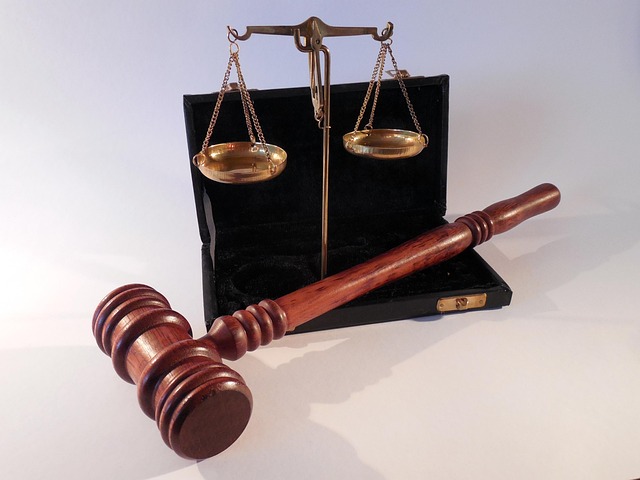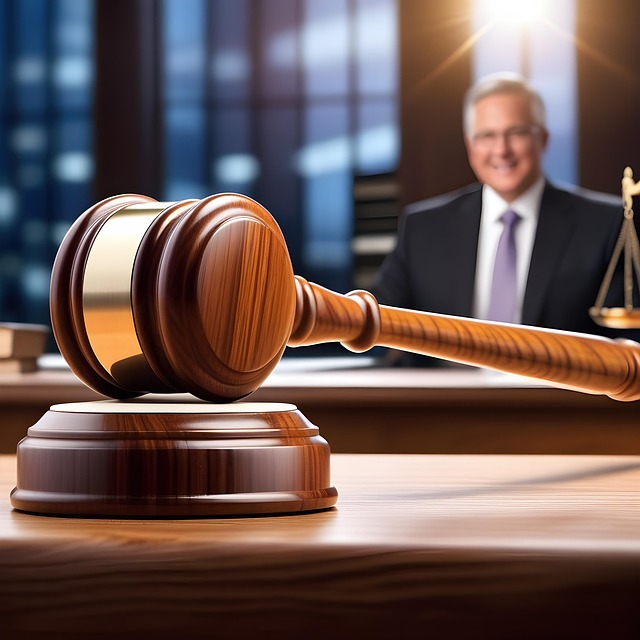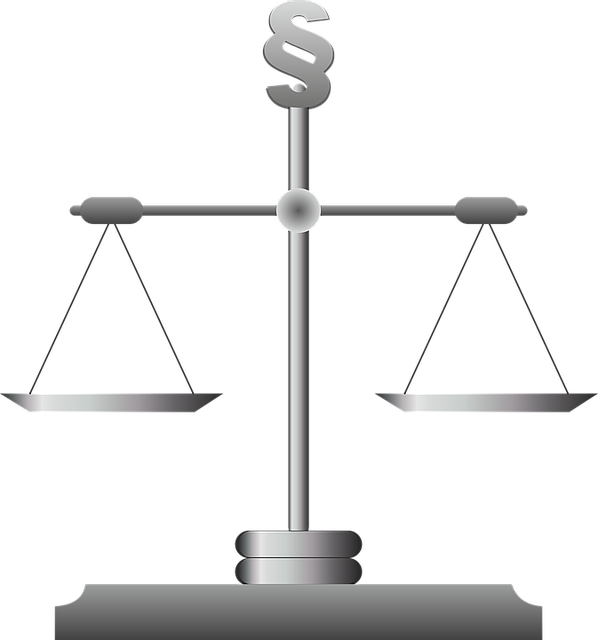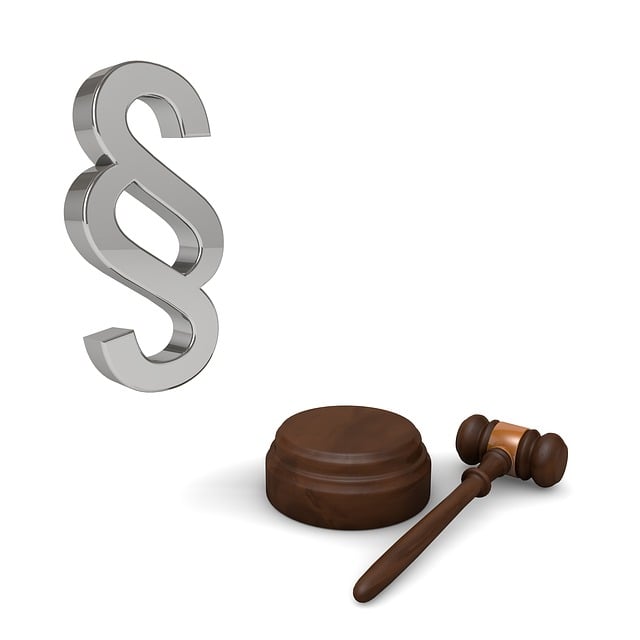Unraveling complex financial crimes presents significant challenges for investigators and prosecutors due to intricate schemes and specialized jargon. Jury selection is a critical hurdle, as potential jurors need financial literacy to comprehend nuanced legal arguments. Overcoming biases requires strategic questioning during voir dire, ensuring selected individuals can set aside personal prejudices. Skilled defense attorneys meticulously evaluate prospective jurors to uncover potential conflicts or biases, aiming for an inclusive process and proving innocence beyond reasonable doubt. Challenges faced during jury selection in white-collar crime cases underscore the importance of a diverse, unbiased panel for just outcomes.
“In the realm of financial crime investigations, understanding complex schemes and ensuring impartial juries are paramount. This article delves into the intricate challenges faced during jury selection, focusing on two key aspects: deciphering elaborate financial crimes and overcoming biases that may hinder justice. By exploring strategies to mitigate these hurdles, we aim to highlight the importance of fairness in proceedings, emphasizing diverse selection as a game-changer in securing just outcomes. Additionally, we discuss how navigating these complexities can lead to more effective prosecutions.”
- Understanding Complex Financial Crimes
- Overcoming Biases in Potential Jurors
- Ensuring Fairness Through Diverse Selection
Understanding Complex Financial Crimes
Unraveling complex financial crimes is a daunting task for investigators and prosecutors alike, presenting unique challenges that differ significantly from traditional criminal investigations. These high-stakes cases often involve intricate networks, sophisticated schemes, and specialized jargon, making them particularly difficult to navigate. The intricacies of white-collar and economic crimes demand a deep understanding of financial systems, regulatory frameworks, and the subtle nuances that can make or break a case.
One of the primary hurdles in prosecuting these matters is the complex nature of jury selection. Given the technical aspects at play, potential jurors must possess a certain level of financial literacy and an ability to comprehend nuanced legal arguments. The challenges faced during this process are exacerbated by the desire to secure a diverse panel that can objectively assess the evidence presented in what are often perceived as dry, abstract cases. Ensuring that jurors can grasp the significance of complex financial transactions and their potential implications is crucial for achieving just outcomes in these high-profile, high-stakes trials.
Overcoming Biases in Potential Jurors
Overcoming biases during jury selection is a significant challenge faced by legal professionals in finance crime probes. Potential jurors often bring pre-existing prejudices and beliefs that can unconsciously influence their judgment, impacting the fairness of the trial process. One of the main issues lies in the tendency to associate certain demographic groups with specific types of crimes; for instance, stereotypes about white-collar and economic crimes may lead to biased perceptions. This is particularly concerning when dealing with complex financial cases involving sophisticated schemes, as these biases could sway jurors’ understanding of the evidence presented.
The diverse nature of modern society poses further challenges in empaneling a jury free from bias. Jurors come from various backgrounds, including those deeply involved in the philanthropic and political communities, which may create conflict of interest or skewed perspectives. To address these issues, legal experts employ strategic questioning techniques during voir dire to uncover potential biases. By delving into jurors’ experiences and opinions, they aim to ensure that selected individuals can set aside personal prejudices and render a verdict solely based on the evidence presented in court, particularly in cases involving general criminal defense strategies.
Ensuring Fairness Through Diverse Selection
Ensuring fairness in the justice system is a multifaceted challenge, and one critical aspect is jury selection. The process of choosing a fair and impartial jury is crucial to white-collar defense strategies. However, it’s not without its challenges. Legal professionals often face difficulties in assembling a diverse jury panel that can truly represent the community, especially in cases involving complex financial crimes.
The complexities of these crimes can lead to a potential bias among jurors, as they may have limited exposure or understanding of specific legal concepts and financial practices. This is where skilled defense attorneys play a vital role. They must carefully scrutinize each prospective juror to identify any biases or conflicts that could impact their ability to deliver an unbiased verdict. For his clients’ sake, these lawyers advocate for a comprehensive and inclusive selection process, aiming for a complete dismissal of all charges if the evidence doesn’t support guilt beyond a reasonable doubt.
In addressing finance crime probes, understanding complex financial crimes and overcoming biases during jury selection are critical steps towards ensuring fairness. By fostering diversity in jury pools, we can better navigate the challenges faced during selection processes, leading to more balanced and informed judgments. This holistic approach not only enhances the integrity of legal proceedings but also reflects a commitment to justice in the face of intricate financial offenses.






